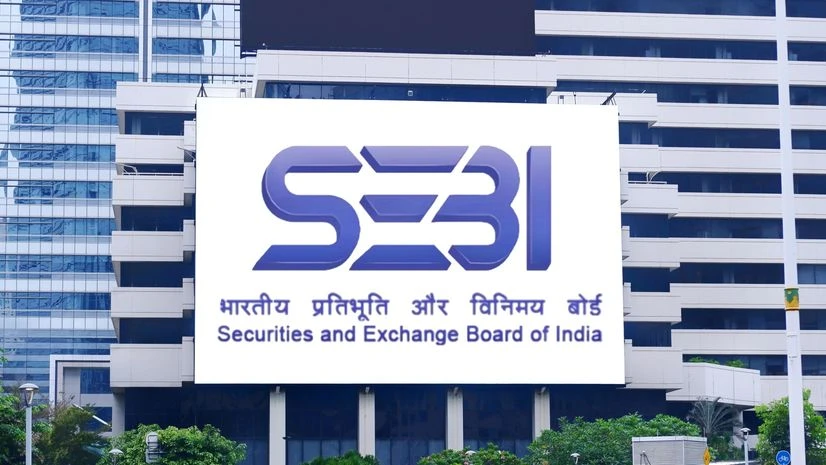)
Over the last 10 years, more than Rs 14,000 crore has been raised through the SME exchanges, of which around Rs 6,000 crore was raised in FY24. (Photo: Shutterstock)
Amid heightened investor interest in listed small and medium enterprises (SMEs), the Securities and Exchange Board of India (Sebi) on Wednesday issued an advisory cautioning investors against taking decisions based on the ‘unrealistic picture’ painted by promoters.
The regulator said some promoters are resorting to means that project an unrealistic picture of their operations and give them an opportunity to offload their holdings at elevated prices.
Sebi also pointed to a pattern in such companies which make public announcements to create a positive picture of the operations. They follow with corporate actions such as bonus issues, stock splits, or preferential allotments.
These actions help inflate the stock prices and provide an avenue for promoters to allegedly manipulate.
“Sebi urges investors to be careful and watchful of the aforesaid patterns and exercise caution while investing in such securities. Further, investors are advised to not rely on unverified social media posts and not invest based on tips/rumours,” said Sebi in an advisory.
Experts believe Sebi and the exchanges can use analytics to detect fraud.
“To clamp down on unethical practices in the SME sector, Sebi should enhance real-time market surveillance, enforce stringent disclosure norms and tighten the regulatory oversight, particularly focusing on due diligence for SME listings. By leveraging advanced data analytics and fostering collaboration with exchanges, the regulator can swiftly detect and act against fraudulent activities, ensuring integrity of the SME market,” said Ketan Mukhija, senior partner, Burgeon Law.
Over the last 10 years, more than Rs 14,000 crore has been raised through SME exchanges of which around Rs 6,000 crore was raised in FY24.
Last week, Ashwani Bhatia, whole-time member of Sebi, had urged auditors to raise red-flags if they see such concerns around SMEs and their financials.
Recent initial public offerings (IPOs) of SMEs have not only garnered astronomical bids in the subscription period but have also seen huge listing day gains.
The number of filings of draft documents for IPOs has also grown multi-fold as promoters are looking to cash in on the positive sentiment.
Unlike mainboard IPOs, the draft documents by SMEs do not undergo the scrutiny of Sebi but are granted approvals by the bourses.
The exchanges, of late, have increased focus on profitability under the eligibility conditions of companies eying SME platforms. The exchanges also imposed a cap of 90 per cent for SMEs on listing day gains.
This year, Sebi has taken action on several SME companies, some of which had migrated to the mainboard. These include Varanium Cloud, SecUR Credentials, Debock, and Add-Shop E-Retail.
Last week, Sebi barred Debock Industries and its management from the securities market and ordered the impounding of illegal gains of around Rs 89 crore. The company had allegedly shown fictitious transactions to inflate the balance sheet and used the preferential allotment to migrate to the mainboard.
Further, it was allegedly found to have siphoned off funds raised through a rights issue.
In May, Sebi had imposed strictures on Add-Shop E-Retail for allegedly making fake sales and purchase entries in its accounts.
More than 46 per cent of the sales in the past three financial years were found to be fictitious.
Further, it allegedly undertook related-party transactions without the audit committee’s approval.
The SME platforms of NSE and BSE were operationalised in 2012 to provide an alternative source of funds to smaller and emerging businesses.
First Published: Aug 28 2024 | 7:57 PM IST






























